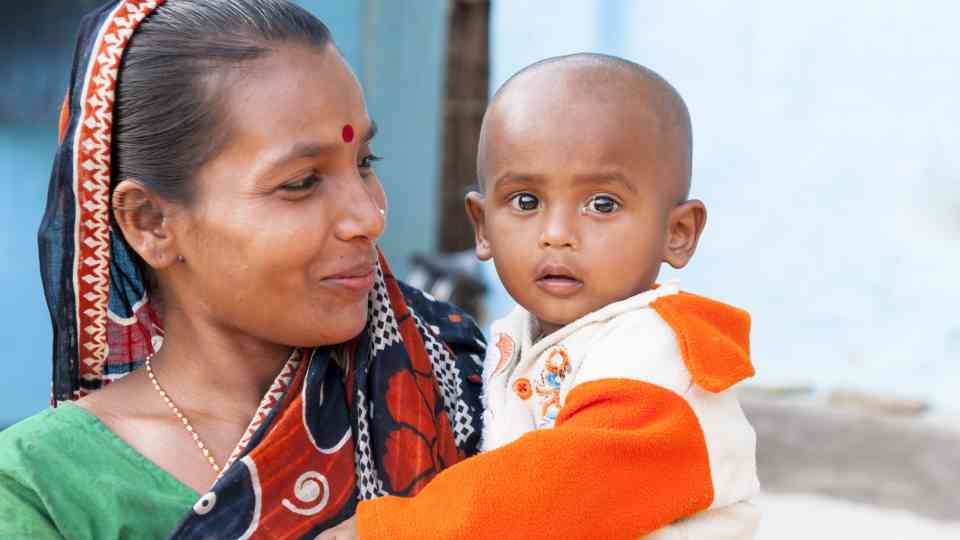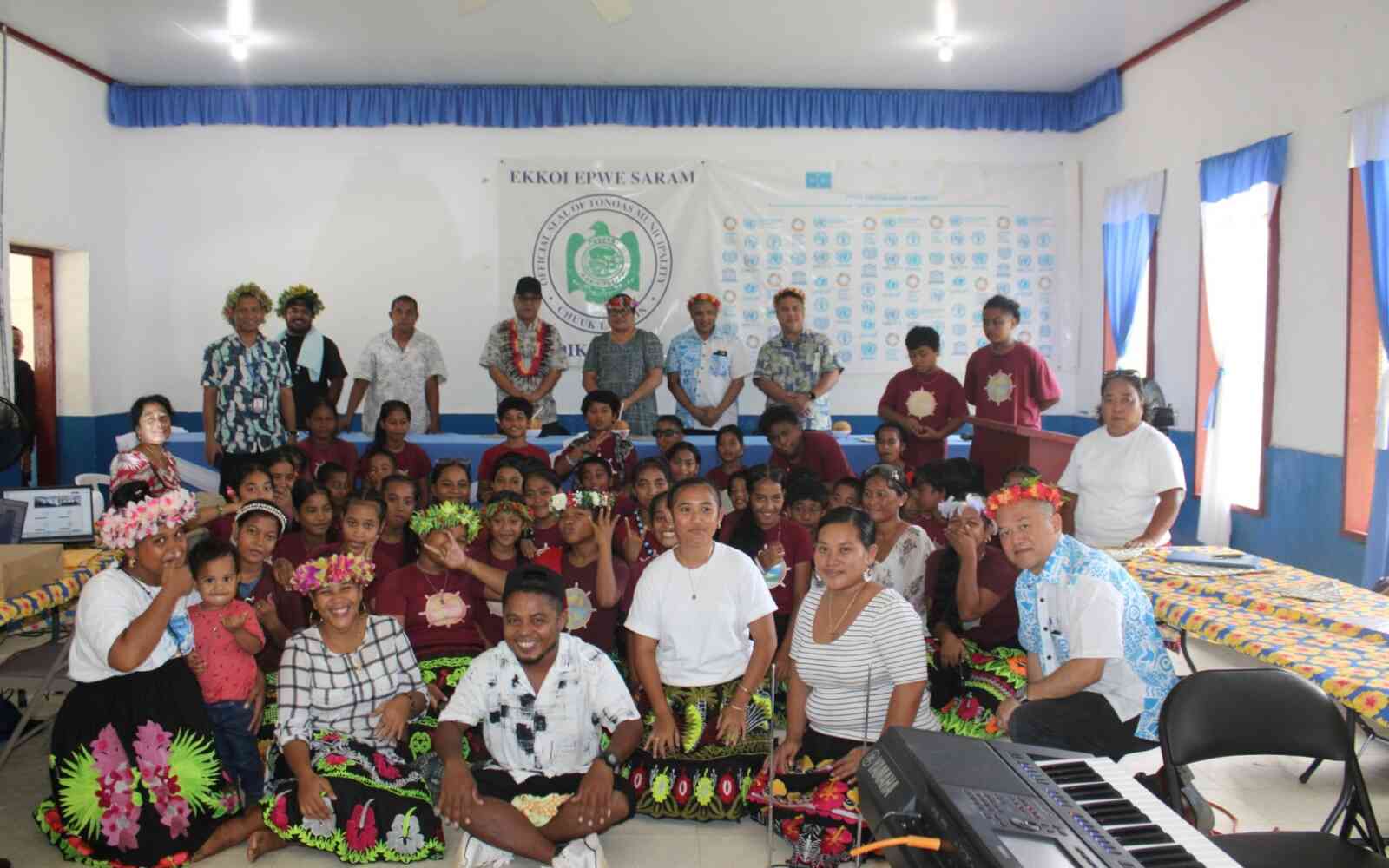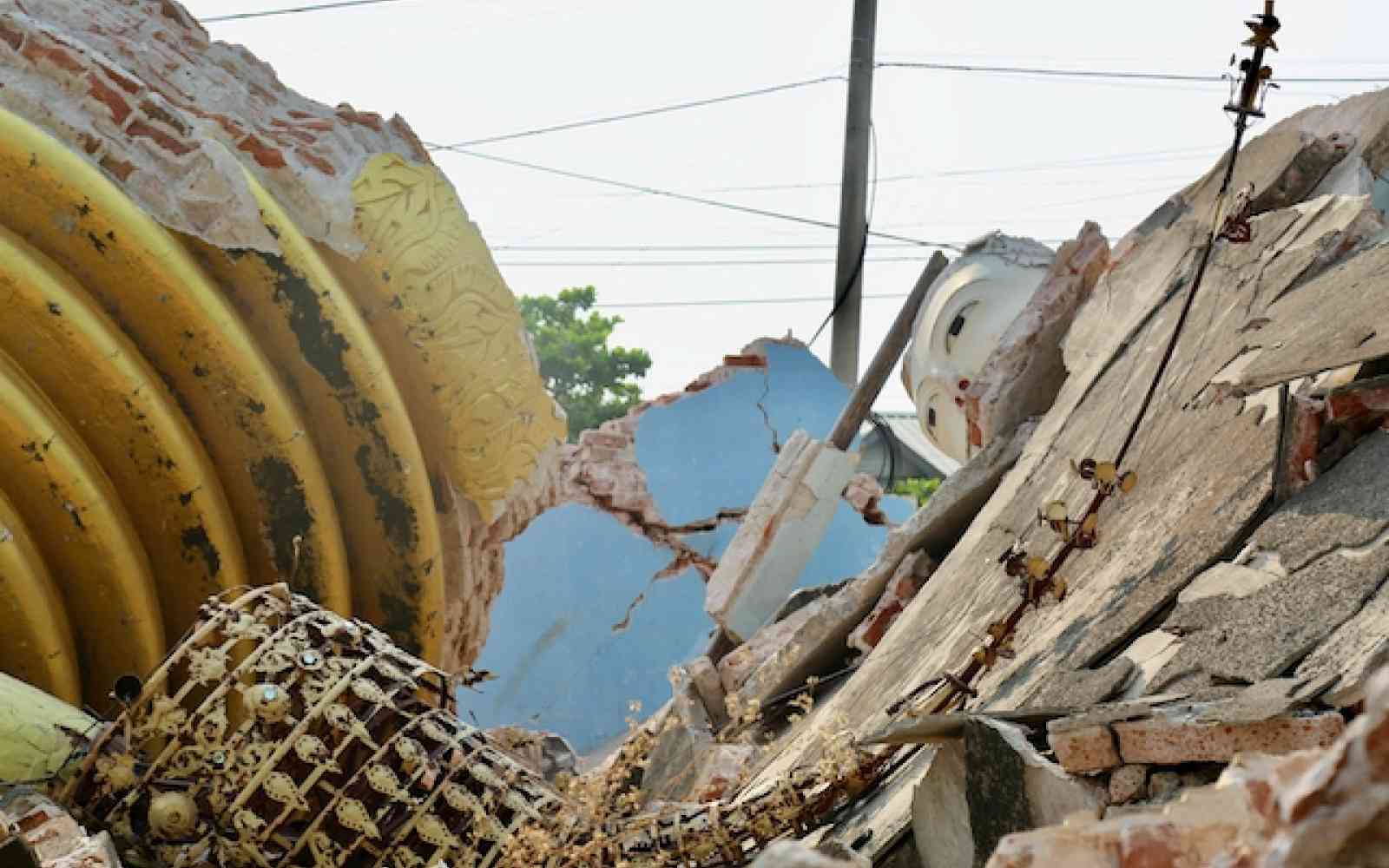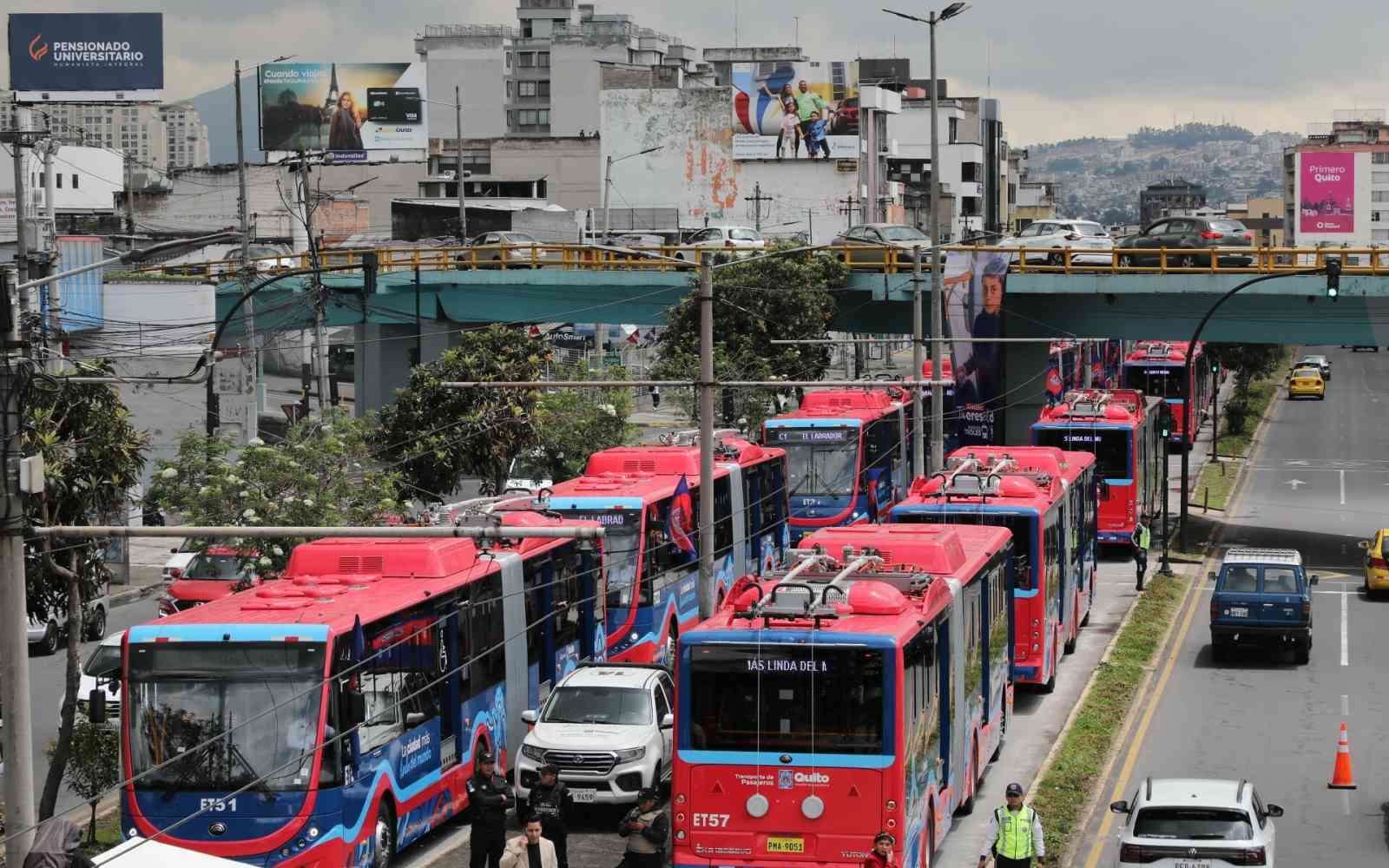The United Nations Office for Project Services (UNOPS)

Building capacity to protect tigers in Bangladesh
Years of being hunted by poachers and a decreasing habitat due to deforestation threaten the survival of Royal Bengal tigers. Here’s how one man's passion for protecting them is helping to save them.
"I wanted to be like Dr. Salim Ali," explains Dr. Md. Anwarul Islam of his mentor, a prominent ornithologist and naturalist who was perhaps better known as the Birdman of India. After becoming interested in wildlife while at university and completing his PhD under Dr. Ali, Dr. Anwar used his natural passion for helping others to protect animals and preserve their environment.
Dr. Anwar started the Wildlife Trust of Bangladesh, later renamed WildTeam, a leading conservation NGO in 2003. Initially focused on conservation work for many different species, the organization later decided to focus on just one in order to make the best use of their resources. Since they play a critical role within their entire ecosystem, WildTeam decided to concentrate their conservation efforts on Royal Bengal Tigers. The Royal Bengal Tigers, identified as a national symbol in Bangladesh, are categorized as an endangered species. Figures in 2015 estimate only about 106 cats survive in the wild in the Sundarbans.
In 2014, the United States Agency for International Development (USAID) initiated the Bengal Tiger Conservation Activity (BAGH) to help improve the biodiversity of the Sundarbans UNESCO World Heritage site and promote the conservation of the Royal Bengal Tiger. USAID engaged WildTeam to implement the project due to their extensive knowledge on tiger conservation, including helping to write Bangladesh's very first Tiger Action Plan.
Beginning with just five volunteers, WildTeam has continued to grow over the years and now has a staff of 95. Most of them are working on the BAGH project, for which WildTeam received an $11.8 million grant from USAID. The organization also had to meet minimum standards in several areas, including financial, procurement, human resources, project and USAID grants management to be eligible to receive this funding. To help WildTeam with their expansion plans, USAID partnered with UNOPS based on their expertise in developing local capacities. UNOPS analyzed the needs of both the USAID BAGH activity specifically and also of WildTeam in general.
The work done by UNOPS will help make sure the money invested into the project is well directed to achieve our goal of protecting the Royal Bengal Tiger in Bangladesh.

"Although initially expected to help with only the BAGH activity work, UNOPS understands that capacity building support needs to be integrated into the entire organization for long-term use," explains Dr. Anwar.
The rapid growth added more pressure on the operational demands of the organization as its work increased. Although Dr. Anwar was very experienced when it came to managing smaller projects, this expansion created a challenge for WildTeam.
UNOPS helped WildTeam develop process maps that enabled the organization to define roles and responsibilities. "It's great that UNOPS staff comes in with a very clear idea of what we need to achieve," adds Dr Anwar. "But they are keen to learn. They don't come to us with a solution, but try to achieve it with us together. The team feels comfortable working with them since they never reject any idea and are willing to try out suggestions from the team."
"What UNOPS is doing is not a top-down or bottom-up method," explains Joy Balane, Team Leader of the UNOPS USAID Organizational Capacity Development Project. "We use both methods, where appropriate. The final output is something that the WildTeam members come up with themselves."
As WildTeam continues to implement USAID's BAGH activity, the support provided by UNOPS will assist them with meeting the project's goals.
"The work done by UNOPS will help make sure the money invested into the project is well directed to achieve our goal of protecting the Royal Bengal Tiger in Bangladesh" explains Dr. Anwar.
About USAID:
The U.S. Agency for International Development administers the U.S. foreign assistance programme providing economic and humanitarian assistance in more than 80 countries worldwide.













